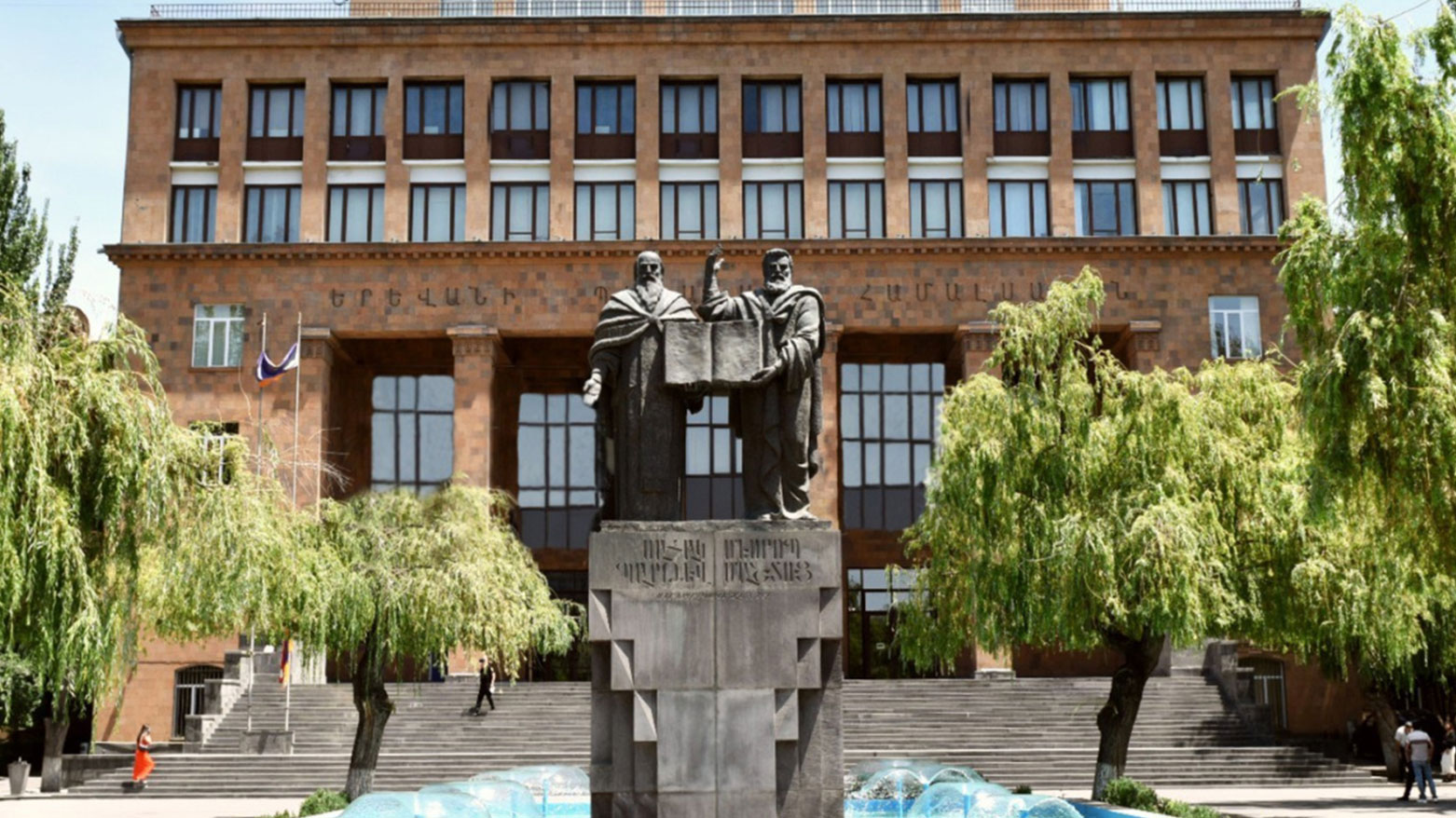Yerevan’s Department of Kurdology Preserves Kurdish History and Culture
Founded in 2015, the Department of Kurdology has become an academic hub for research into the Kurdish experience, with a particular focus on the Soviet period up until 1991.

ERBIL (Kurdistan24) – The Kurdistan24 team visited the Department of Kurdology at Yerevan State University in Armenia, a center dedicated to preserving and advancing the study of Kurdish history, culture, and heritage.
Founded in 2015, the Department of Kurdology has become an academic hub for research into the Kurdish experience, with a particular focus on the Soviet period up until 1991. Researcher Liana Mihoyan explained that the department publishes historical and academic studies on the Kurds and is currently preparing a new project — an album documenting Kurdish cultural life during the Soviet era. She also expressed appreciation for Kurdistan24’s support in promoting Kurdish history and scholarship.
The presence of Kurds in Armenia dates back centuries, but the community gained new prominence in the early 20th century under the Soviet Union. According to Armenia’s 2011 census, 37,470 Kurds live in the country, mainly in the western regions. Kurdish intellectual and cultural life flourished in Armenia under Soviet rule, making it a vital hub for Kurdish identity beyond the Middle East.
In the 1920s, Kurds in Armenia began using the Armenian alphabet for writing before adopting the Latin script in 1927 and later the Cyrillic alphabet in 1945. Today, both the Latin and Cyrillic alphabets remain in use. During this period, Kurdish cultural institutions thrived: Yerevan hosted Kurdish radio broadcasts and became home to the pioneering newspaper Riya Teze, providing the Kurdish diaspora with media, education, and literature in their native language. This made the Kurdish community in Armenia the first exiled Kurdish population to gain such access.
The Department of Kurdology continues this legacy by preserving historical memory while training a new generation of scholars. With projects such as the upcoming cultural album, it aims to shed light on the resilience and creativity of the Kurdish people in Armenia and the broader Soviet sphere.
The Department of Kurdology also serves as a bridge between generations, ensuring that Kurdish heritage and contributions are not forgotten. By fostering academic research and cultural exchange, it highlights the enduring impact of Kurdish intellectuals, artists, and activists within Armenia and beyond.
